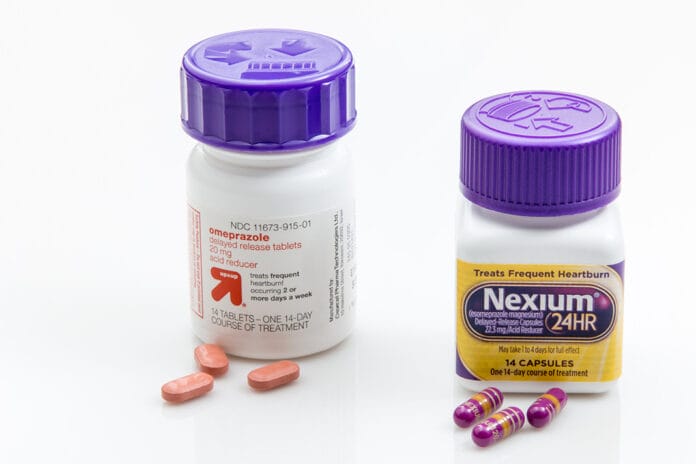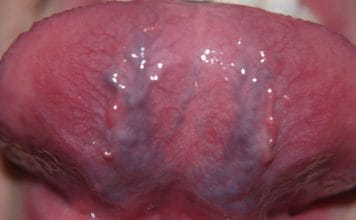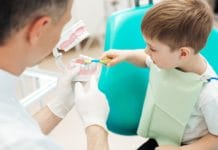The Center for Disease Control and Prevention reports that 47.2% of adults aged 30 years and above suffer from some form of periodontal disease. The condition worsens with age, with 70.1% of adults aged 65 years and above suffering from periodontitis.
Recent research published in Clinical and Experimental Dental Research has revealed a link between heartburn medications (specifically proton pump inhibitors) and the severity of periodontal disease.
A team of researchers from the University at Buffalo, New York, uncovered that patients who used proton pump inhibitors (PPIs) to treat heartburn, acid reflux, or ulcers showed reduced periodontal probing depths.
“Records from 1093 patients were initially assessed. Fourteen percent of teeth were associated with ≥6 mm probing depths among PPI users, in contrast to 24% for patients not using PPIs (P = 0.030). Similarly, 27% of teeth exhibited ≥5 mm probing depths among PPI users versus 40% for non-PPI users (P = 0.039).”
Modern Prospect for Healthy Gingiva
According to the study led by A/Prof Lisa Yerke, the discovered link between PPIs and periodontal disease includes changes in bone metabolism and the intestinal microbiome.
“PPIs could potentially suffice in combination with other periodontal treatments; however, additional studies are essential to understand the underlying mechanisms behind the role PPIs play in reducing the severity of periodontitis,” Dr. Yerke said in a university news release.
The study looked to determine if there was, in fact, a relationship between PPI use and periodontal disease. Clinical data and probing depths from 1,093 dental patients above 18 years of age either on or not on PPIs were reviewed to determine the severity of periodontitis in each patient.
The research team divided the participants into two groups. The first group excluded smokers and people with chronic diseases and classified this group as NS/ND. The second group, classified as NS/ND/NMed, excluded patients who had previously undergone chemotherapy or hormone replacement and those with rheumatoid arthritis histories.
Results indicated that only 14% of the first group showed teeth with probing depths of 6mm or more compared to 24% of the teeth of those who did not use PPIs. A data assessment of the second group indicated that 27% of the teeth of PPI users showed probing depths of 5mm or more, compared with 40% of the teeth of non-PPI users.
The research team theorized that PPIs alteration of metabolism or gut microbiome and periodontal microorganisms might reduce the severity of periodontal disease.
However, further research may clarify how PPIs affect periodontal disease and their usefulness in treating periodontal diseases.
















